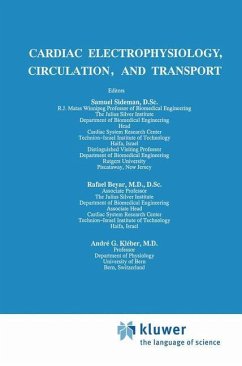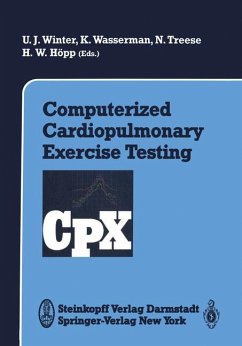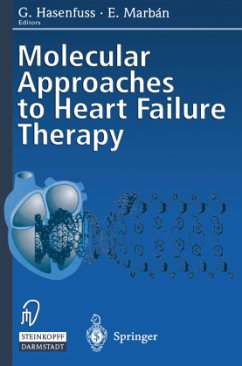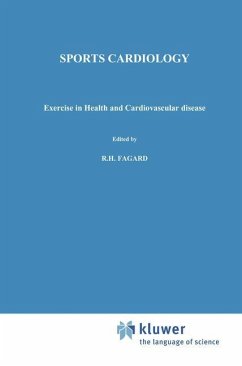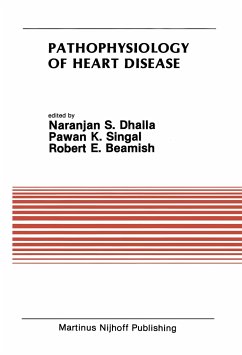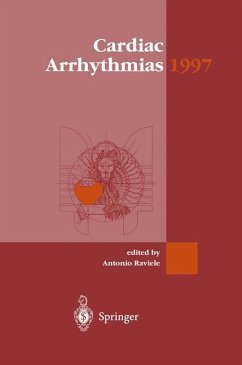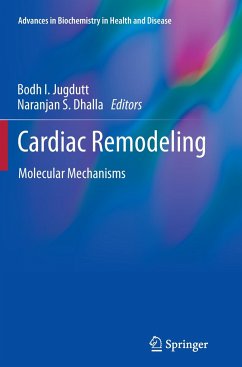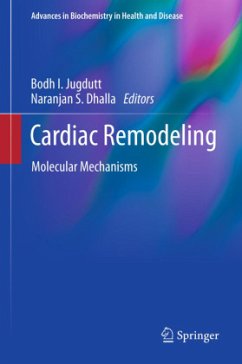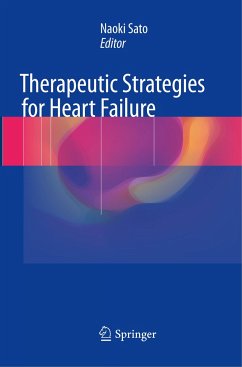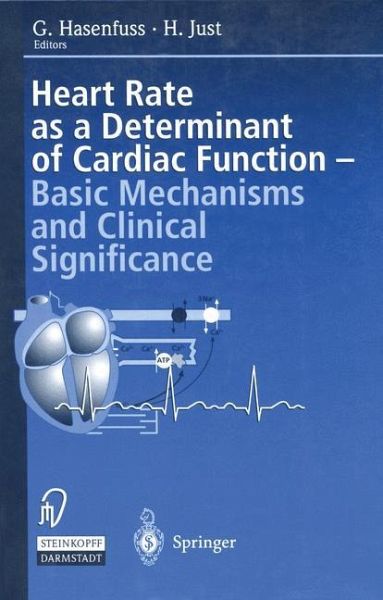
Heart rate as a determinant of cardiac function
Basic mechanisms and clinical significance
Herausgegeben: Hasenfuss, G.; Just, H.
Versandkostenfrei!
Versandfertig in 1-2 Wochen
75,99 €
inkl. MwSt.

PAYBACK Punkte
38 °P sammeln!
In a variety of cardiac diseases the influence of heart rate on cardiac function is altered and both heart rate and heart rate variability are of great relevance for the prognosis of cardiac patients. This book provides a summary of the current knowledge on the influence of heart rate on myocardial function and hemodynamics in non-failing and failing animal and human hearts. The subcellular and molecular alterations underlying the altered heart rate response in heart failure are discussed in detail. In addition, studies related to the impact of heart rate and heart rate variability on arrhythm...
In a variety of cardiac diseases the influence of heart rate on cardiac function is altered and both heart rate and heart rate variability are of great relevance for the prognosis of cardiac patients. This book provides a summary of the current knowledge on the influence of heart rate on myocardial function and hemodynamics in non-failing and failing animal and human hearts. The subcellular and molecular alterations underlying the altered heart rate response in heart failure are discussed in detail. In addition, studies related to the impact of heart rate and heart rate variability on arrhythmogenesis and prognosis in patients with cardiac diseases are critically reviewed. Finally, the relevance of heart rate control by therapeutic interventions is also discussed. The book contains 19 different chapters written by well-known experts in this novel and clinically important field.



